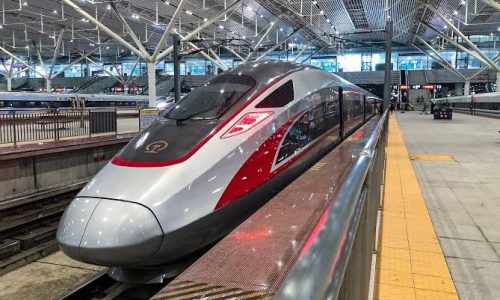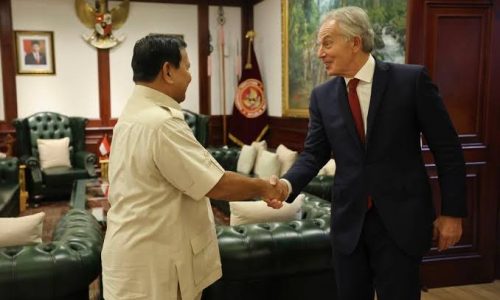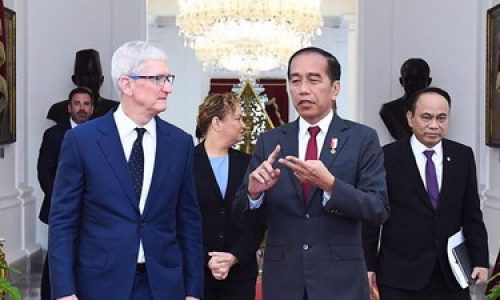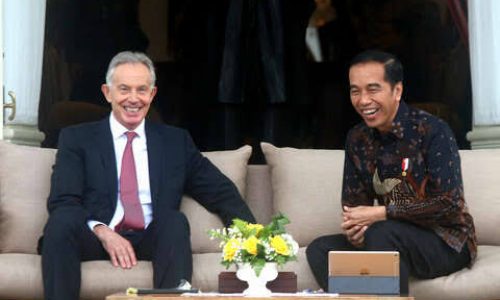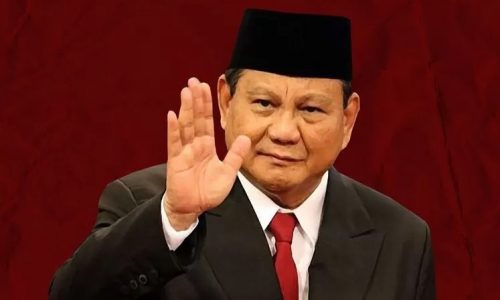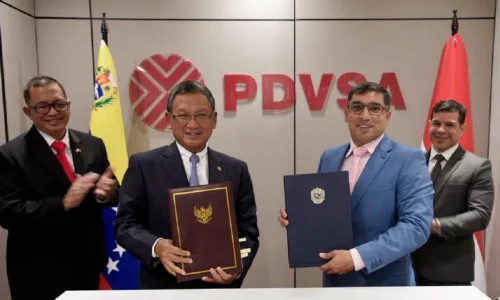Indonesia, as one of the largest economies in Southeast Asia, recognizes the importance of Micro, Small, and Medium-sized Enterprises (MSMEs) to its economy and has been prioritizing the digitalization of MSMEs in recent years. According to Coordinating Minister for Economic Affairs, Airlangga Hartarto, MSMEs play an important role in supporting Indonesia’s economic resilience with 61.07 percent or Rp8,574 trillion contribution to the Gross Domestic Product (GDP) in 2021.
Several programs such as the Go Digital program, the 1000 Digital Startup Movement, the National E-Commerce Roadmap, and so on, are being developed to actively implement measures to expedite the digital transformation of MSMEs and strengthen the digital ecosystem.
In terms of financial support for MSMEs, several policies have been implemented such as:
- Increasing the portion of MSME credit by 20 percent in 2022 and gradually increasing it to 30 percent in 2024,
- Establishing State-Own enterprises (SOEs) on ultra-micro financing,
- Providing Super Micro KUR (People Business Credit) scheme,
- The integration of the Pre-Employment card program with KUR,
- Providing KUR for the incorporation of farmers and fishermen,
- Implementing credit restructuring and administrative relaxation policy for prospective KUR customers
Through the Ministry of Cooperatives and SMEs, the government is targeting to have 30 million MSMEs enter the digital market by 2024. Currently, at least 19 million MSMEs have so far succeeded in going digital and expanding their market.
Regarding this achievement, data from Bank Indonesia also shows an impressive number of digital payment system adoption among MSMEs. In mid-2022, 90 percent of 20.9 million merchants who had adopted the QR payment system were MSMEs.
Indonesia’s Efforts in the ASEAN Context
Similar to Indonesia, MSMEs are the backbone of the ASEAN economy, accounting for a significant portion of the region’s GDP and providing employment to millions of people. There are at least 71 million MSMEs in Southeast Asia, based on 2020 data from the Asian Development Bank (ADB). They account for 97 percent of all businesses in the region and employ 67 percent of the working population.
Despite their numbers, MSMEs in the region contribute 40.5 percent to each country’s GDP on average and 19.2 percent of total export value in 2020. Numerous countries have already incorporated MSME development into their long-term goals, recognizing its pivotal role as a catalyst for promoting inclusive economic growth.
In relation to the role of MSMEs in the ASEAN, Indonesia currently has the largest number of MSMEs compared to other member states and is one of the major players in the MSME sector.
Based on reports by the Ministry of Cooperatives and SMEs of Indonesia, there were more than 64 million MSMEs in Indonesia as of 2020. The number is significantly higher compared to the number of MSMEs in other ASEAN countries. In the Philippines for example, there were only around 1.42 million MSMEs as of 2019, while in Thailand there were only around 3.1 million MSMEs as of 2018.
The high number of MSMEs in Indonesia presents both strengths and challenges. It presents opportunities for growth and employment but also requires significant efforts to promote digitalization and improve access to finance and other resources for these businesses. It would be essential for the government and other respective stakeholders to seek out the most efficient way to help MSMEs in achieving digitalization.
As part of MSME onboarding efforts, The Indonesian government has launched initiatives such as 2018 Making Indonesia 4.0 Roadmap, the 2019 E-Commerce Roadmap, and 2020 Go Digital Vision, which provides support in increasing the competitiveness of MSMEs in the digital economy.
Regionally, Indonesia has been also striving to expand MSMEs’ digitalization efforts in the ASEAN through various initiatives, such as the Digital Economy Cooperation Roadmap for ASEAN, and the Master Plan on ASEAN Connectivity (MPAC) 2025, which was launched back in 2021.



